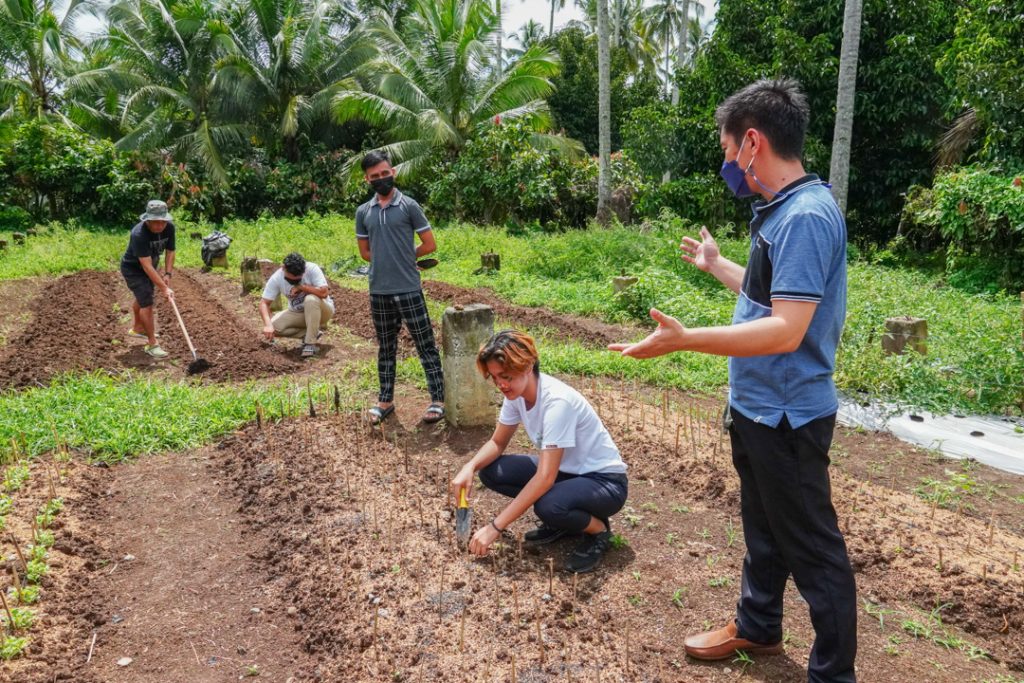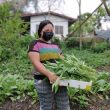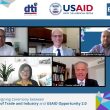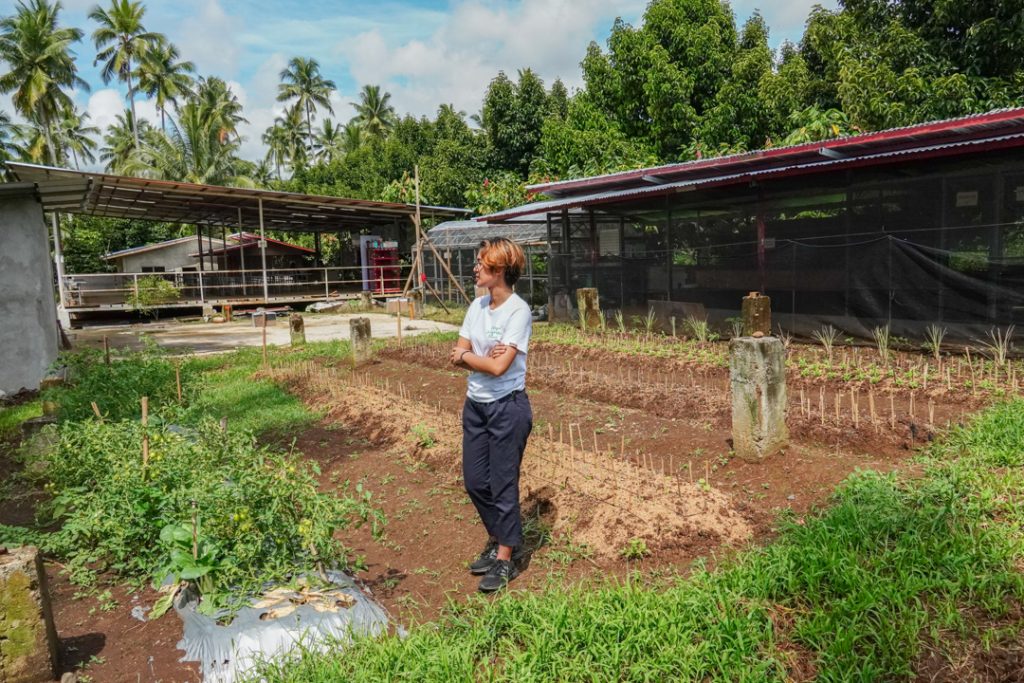
On the southern Philippine island of Mindanao, 21-year-old Lori Fae Comeros wanders through a field bursting with fresh produce. Coconuts rustle in the gentle breeze, and succulent star apples dangle from verdant trees as Lori deftly inspects rows of tomatoes, lettuce, and okra to see if they’re ready to be harvested.
The average age of farmers in the Philippines is between 57 and 59 years old, and many young Filipinos do not view a career in agriculture as profitable. But not Lori.
Raised in a family of farmers, Lori has always loved farming.
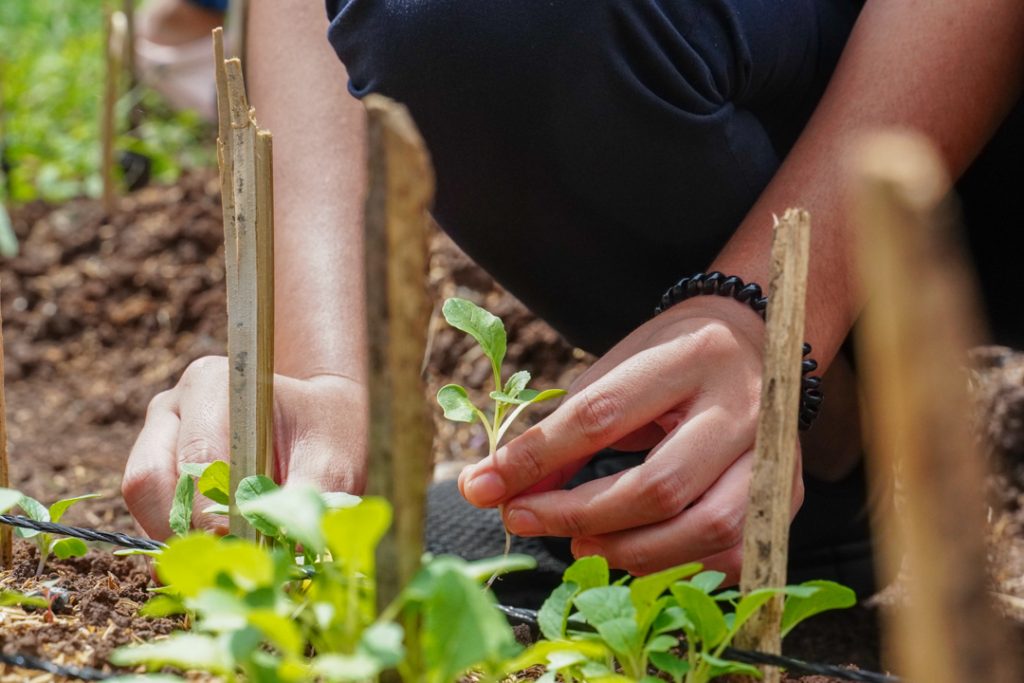
“My father always said, ‘Without farming, we couldn’t survive. Jobs come and go but we can always rely on our farm for food and sustenance,’” said Lori.
Now, thanks to support from USAID, she can pursue this passion in a way that is both profitable and environmentally sustainable. Lori was working at a resort to pay her way through college when the COVID-19 pandemic hit in early 2020. Then her father passed away. With six other siblings, Lori and her family could no longer afford her dream of pursuing higher education.
“When the resort I was working at closed due to COVID-19, I could no longer afford college,” she said.
That was when she heard about an opportunity to train at Casuga Integrated Farm School, a USAID-supported technical-vocational institution in Davao City that serves as an incubation hub for agriculture-based enterprises.
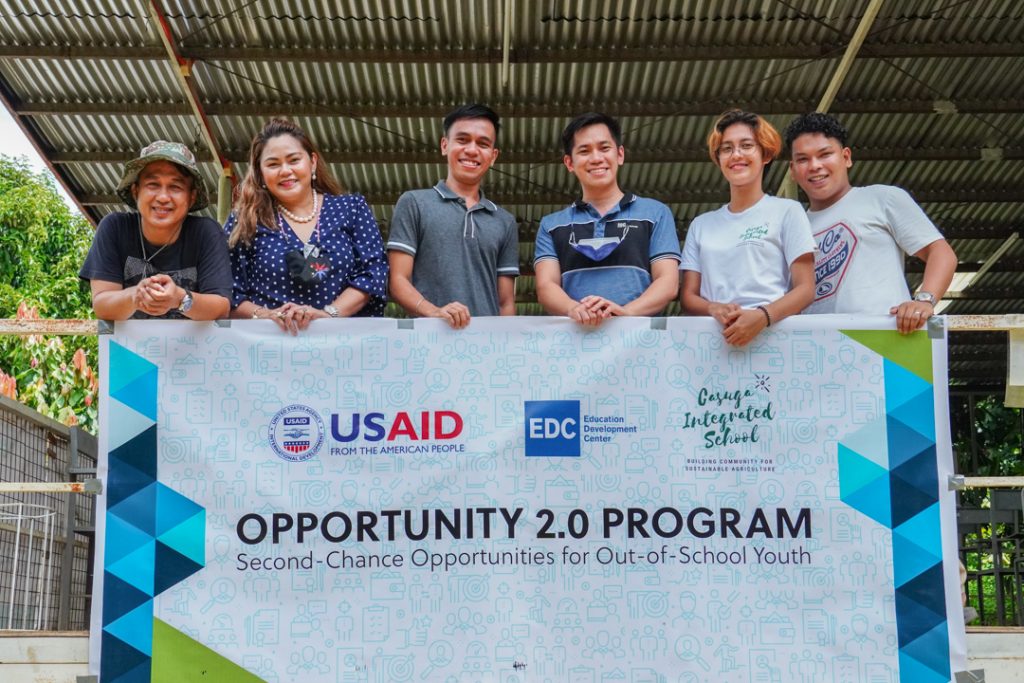
Casuga Integrated Farm School received a grant from USAID to help out-of-school youth access education and skills training. Thanks to this support, Lori and 74 other out-of-school youth in the community received scholarships to study organic farming.
“When I heard about an opportunity to train at Casuga, I took it,” said Lori. “I wanted to study because I love farming.”
During the training program, Lori and other trainees learned both technical skills about organic farming and soft skills to make them more work and business ready. In one lesson, Lori learned to make her own organic fertilizer, which is safer for the environment and has a lower carbon footprint. Organic farming practices also keep more nutrients in the soil and produce healthier food.
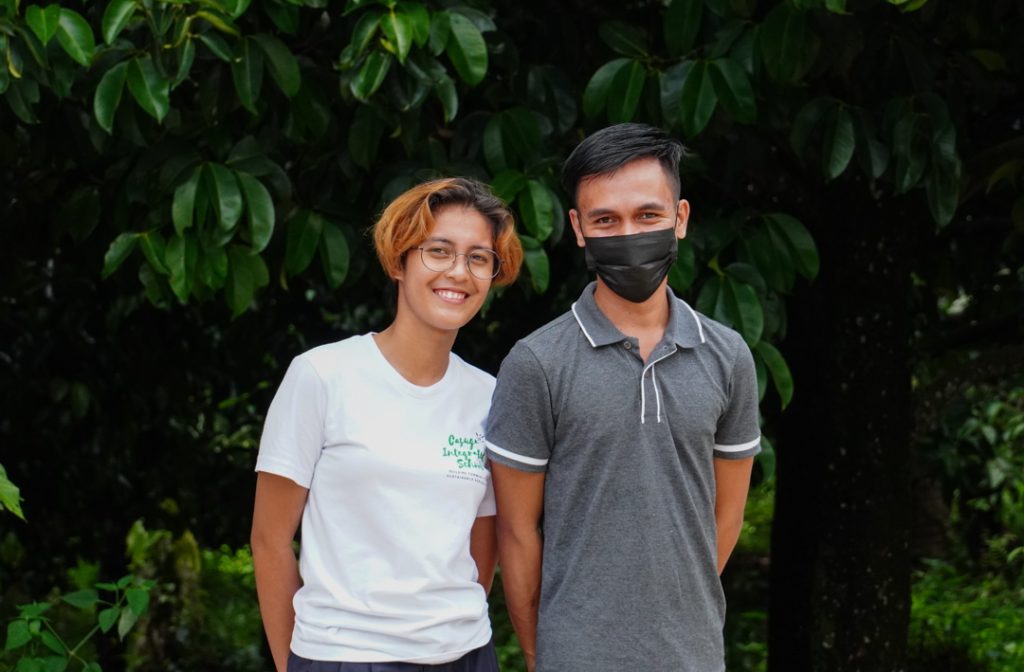
“My favorite lesson was about gaining self-confidence because through that, we are able to communicate to gain and share our learning—also inspire other out-of-school youth,” said Lori.
With most Filipino farmers in their late 50s and many young Filipinos having misconceptions about a career in agriculture, Casuga’s training course encourages young Filipinos to work in agriculture, which can eventually contribute to increased food security.
After completing the course in 2021, Lori received a national certification on organic farming from the Philippine Technical Education and Skills Development Authority. She also started working as a registrar and administrative officer at the Casuga Integrated Farm School, where she helps inspire other youth to develop a renewed passion for farming and agribusiness.
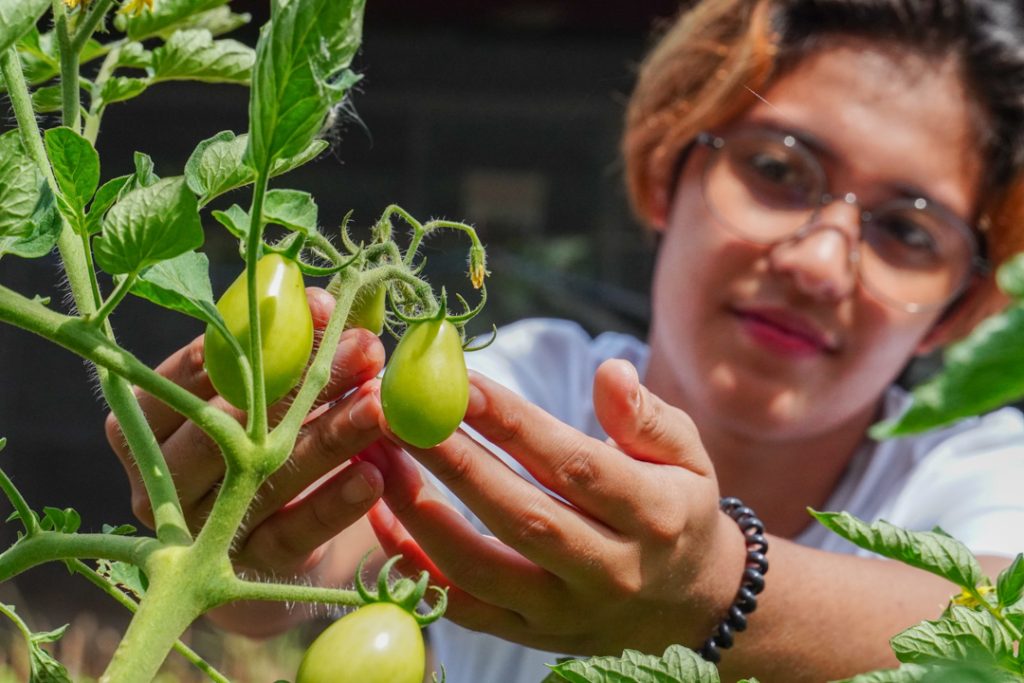
“I see more young entrepreneurs now,” said Lori. “They took over the management of their family’s farms. That’s when my perspective changed and I realized many young people are still interested in agri-business.”
Thanks to USAID’s partnership with Casuga Integrated Farm School, out-of-school youth like Lori have not only gained the skills they need to thrive as the next generation of farmers, but also to help ensure the Philippines’ food security for years to come.
